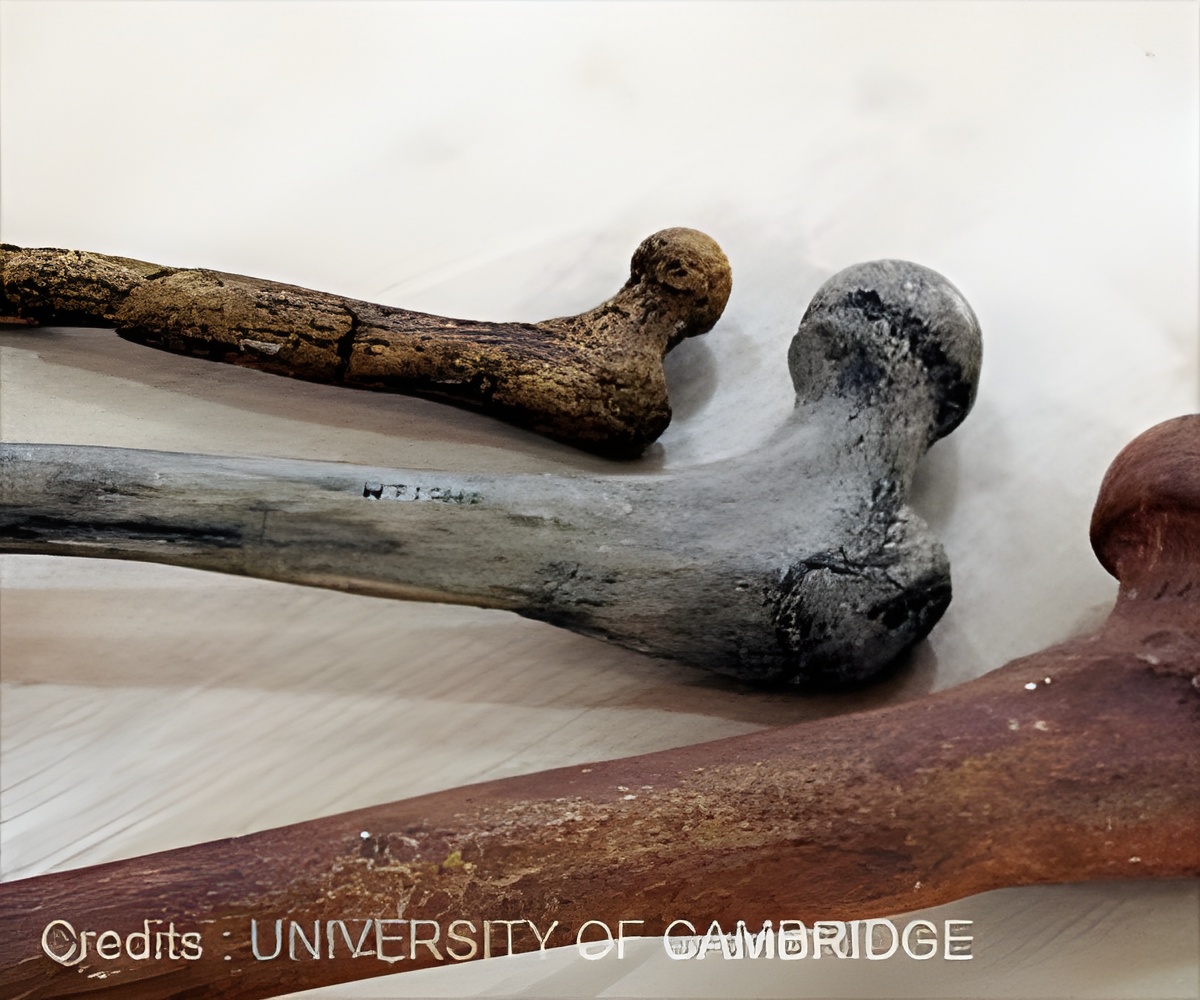
It should be seen as a "compassionate and knowledgeable response to injury and illness".
While, it is well known that Neanderthals sometimes provided care for the injured, the study suggests that they were genuinely caring of their peers, regardless of the level of illness or injury, rather than helping others out of self-interest.
"Our findings suggest Neanderthals didn't think in terms of whether others might repay their efforts, they just responded to their feelings about seeing their loved ones suffering," said lead author Penny Spikins, senior lecturer at the University of York in England.
The remains analysed in the study, published in the journal World Archaeology, showed that most had injuries that needed monitoring, massage, fever management and good hygiene provided out of genuine feelings for others rather than self-interest.
Analysis of a male aged around 25-40 years at time of death revealed a catalogue of poor heath, including a degenerative disease of the spine and shoulders.
Advertisement
Yet, he remained part of the group as his articulated remains were subsequently carefully buried, the researchers said.
Advertisement
"The very similarity of Neanderthal healthcare to that of later periods has important implications. We argue that organised, knowledgeable and caring healthcare is not unique to our species but rather has a long evolutionary history," Spikins added.
Source-IANS









